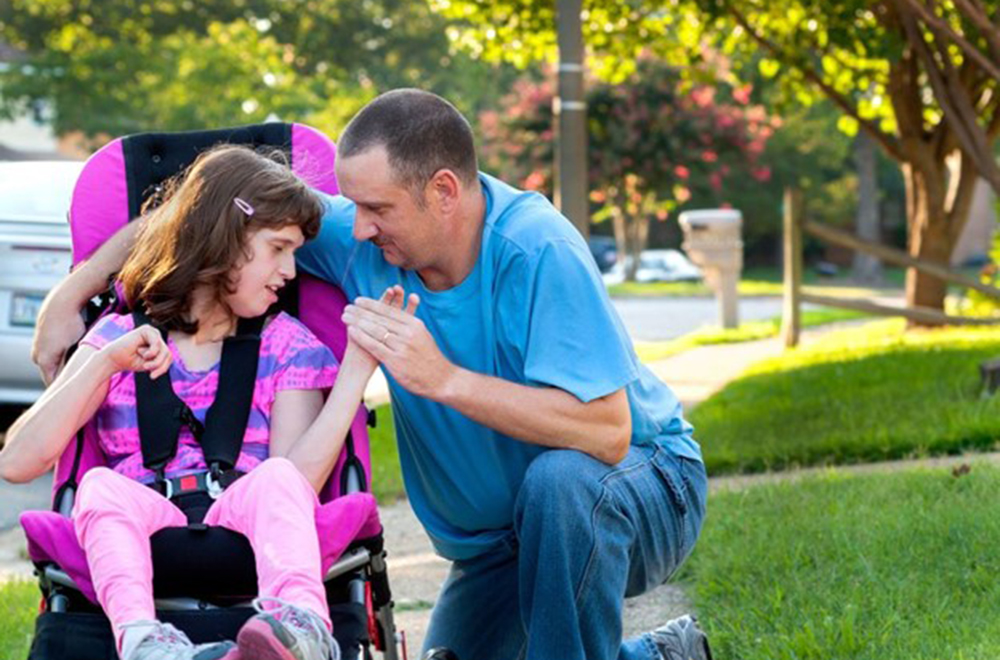People with disability, their carers and those who work in the disability sector can now have a say on the regulation of restrictive practices in South Australia.
New laws just passed by the South Australian Parliament allows for the establishment of an authorisation regime for ‘restrictive practices’, a term that describes a wide range of practices that may restrict a person’s human rights.
Department of Human Services chief executive, Lois Boswell said new regulations are being developed to guide the application of the law, and all South Australians are invited to have their say.
“We know that disability service providers sometimes use practices that, while intended to protect the safety of a person with disability, can be a breach of human rights and that in the past may have been used for convenience,” she said. “South Australia’s new laws support the use of appropriately measured and ethical practices to better support people with disability and ensures that restrictive practices are only used as a last resort.
“This is an important step in achieving South Australia’s commitment to reducing and eliminating the use of restrictive practices over time. We remain committed to working collaboratively with disability advocates, people with disability and the NDIS sector to achieve this.”
After the regulations have been developed, further public consultation will take place on the development of restrictive practice authorisation guidelines.
Some examples of restrictive practices include:
- Prescribing someone a psychotropic medication like benzodiazepine to reduce head banging behaviours. This is a chemical restraint because the primary purpose of the medication is to address the head banging behaviour, not a diagnosed medical condition.
- Restricting a person from cooking, because of concerns about their ability to safely use knives or manage hot stoves. This is an environmental restraint.
- The use of restrictive clothing such as a onesie to prevent someone from pulling out their percutaneous endoscopic gastrostomy (PEG) feeding tube. This is a mechanical restraint.
- Holding a person’s hands down to prevent them from hitting themselves and others. This is a physical restraint.
- A short ‘time out’ alone in a room where the person believes they cannot leave. This is seclusion.
Restrictive practices can be abused if they are used:
- Without positive behaviour supports that teach safe replacement behaviours and skills
- For extended periods of time without review
- In unsafe ways (certain types of physical restraints can block airways or cause physical injuries).
Public consultation on the regulations is open now at YourSAY close on July 2, 2021.
More information on South Australia’s restrictive practices legislation.

